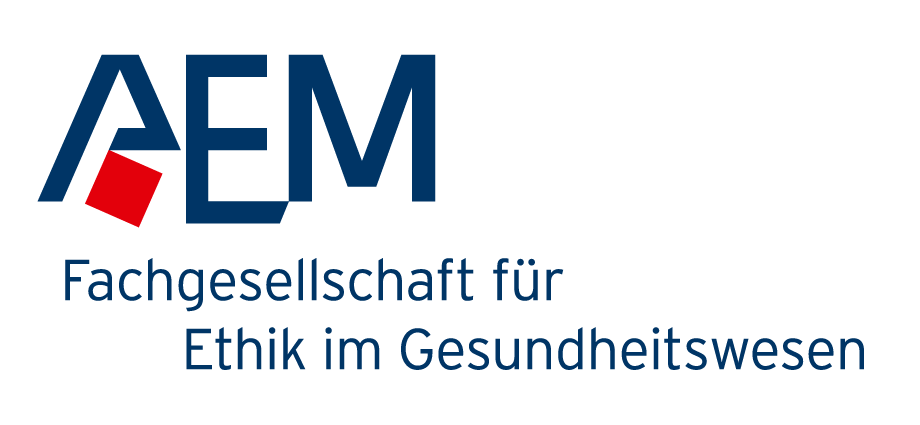Heidelberg: Doktorand*innenstelle (66-75%)
English translation below
Universität Heidelberg, Exzellenzcluster SynthImmune/ Theologische Fakultät
„Synthetisch“ vs. „natürlich“: Wissenschaftliche Terminologien und ihre normativen Substrukturen
Doktorand:innenstelle (66-75 %) in der Ethik (PhD/ Dr. theol.), Januar 2026 bis Juni 2029
„Synthetische Zellen aufbauen“, „biologische Funktionen von Grund auf konstruieren“, „Zellmodule entwickeln“: Die aktuelle Forschung in der synthetischen Biologie überschreitet in vielerlei Hinsicht die Grenze zwischen „synthetischen“ und „natürlichen“ Entitäten. Die Unterscheidung zwischen „synthetisch“ vs. „natürlich“ und damit verbundene Konzepte wie „technisch konstruiert“ vs. „evolutionär entstanden“ sind kulturell tief verwurzelt und normativ aufgeladen. Daher ist die Art und Weise, wie diese Terminologien in Diskursen und Praktiken verwendet werden, von großer Bedeutung für die Bildung normativer Überzeugungen, für die öffentliche Wahrnehmung von Wissenschaft und Medizin sowie für gesetzliche Regulierungen.
In diesem Promotionsprojekt untersuchen Sie diese und andere Kernbegriffe der synthetischen Biologie, wie sie im Heidelberger Exzellenzcluster „SynthImmune“ und darüber hinaus verwendet werden. Mit Methoden der empirischen und normativen Ethik analysieren Sie deren Praxis und normative Implikationen, um Empfehlungen für einen verantwortungsvollen Umgang mit solchen Begriffen zu entwickeln. Sie kommen aus der Theologie, der Philosophie oder einem verwandten Fachgebiet und arbeiten eng mit Forschern aus den Bereichen Chemie, Biologie und Medizin zusammen. Sie untersuchen Praktiken und Terminologie in der täglichen Laborforschung, in Interviews mit Naturwissenschaftlern sowie in wissenschaftlichen Publikationen und in populären Medien.
Sie sollten einen guten bis sehr guten Studienabschluss (M.A., M.ed., Mag. theol. o.ä.) sowie Interesse an Naturwissenschaften und interdisziplinärem Austausch haben. Wir bieten Ihnen ein lebendiges Forschungsumfeld in einem gerade neu etablierten Exzellenzcluster, ein strukturiertes Graduiertenprogramm, ein engagiertes Team in der Ethik, die Sie gerne unterstützt, und interdisziplinäre Erfahrungen, die weit über das in den Geisteswissenschaften Übliche hinausgehen. Bei Interesse bewerben Sie sich bitte!
Für weitere Informationen kontaktieren Sie bitte Prof. Dr. Thorsten Moos, Theologische Fakultät der Universität Heidelberg, thorsten.moos(at)ts.uni-heidelberg.de.
Bewerbung nach Registrierung auf dem zentralen Bewerbungsportal des Exzellenzclusters: https://application.synthimmune.de/site/index.php
______________
Heidelberg University, Cluster of Excellence SynthImmune/ Theological Faculty
„Synthetic“ vs. „natural”: Scientific terminologies and their normative substructures
PhD position (66-75 %) in Ethics (PhD/ Dr. theol.), from January 2026 to June 2029
“Building synthetic cells”, “constructing biological functions from scratch”, “engineering cell modules”: current research in synthetic biology transgresses the borderline between “synthetic” and “natural” entities in multiple respects. The “synthetic” vs. “natural” distinction and related concepts such as “engineered” vs. “evolved” are deeply culturally ingrained and normatively charged. Thus, the way how these terminologies are dealt with in discourses and practices is highly relevant for the formation of normative convictions, for public perceptions of science and medicine as well as for regulation.
In this PhDproject, you will study these and other core terminologies of synthetic biology as they are used in the Heidelberg Cluster of Excellence “SynthImmune” and beyond. Using methods of empirical and normative ethics, you will analyze their practice and their normative implications in order to develop recommendations for a responsible use of such terminologies. You come from theology, philosophy or a related field and will closely work together with researchers from chemistry, biology and medicine. You will visit labs and study practices and terminology in everyday lab research, in interviews with natural scientists as well as in scientific publications and in popular media.
You should have a good to very good degree (M.A., M.ed., Mag. theol. or the like) and should be interested in the sciences as well as in interdisciplinary exchange. We offer a vivid research environment, a structured postgraduate programme, a lively ethics group that is eager to support you, and interdisciplinary experiences far beyond the normal in the humanities. If you are interested, please do not hesitate to apply!
For further information, please contact Prof. Dr. Thorsten Moos, Theological Faculty, Heidelberg University, thorsten.moos(at)ts.uni-heidelberg.de.
Application after registration on the central application portal of the Cluster of Excellence: https://application.synthimmune.de/site/index.php
